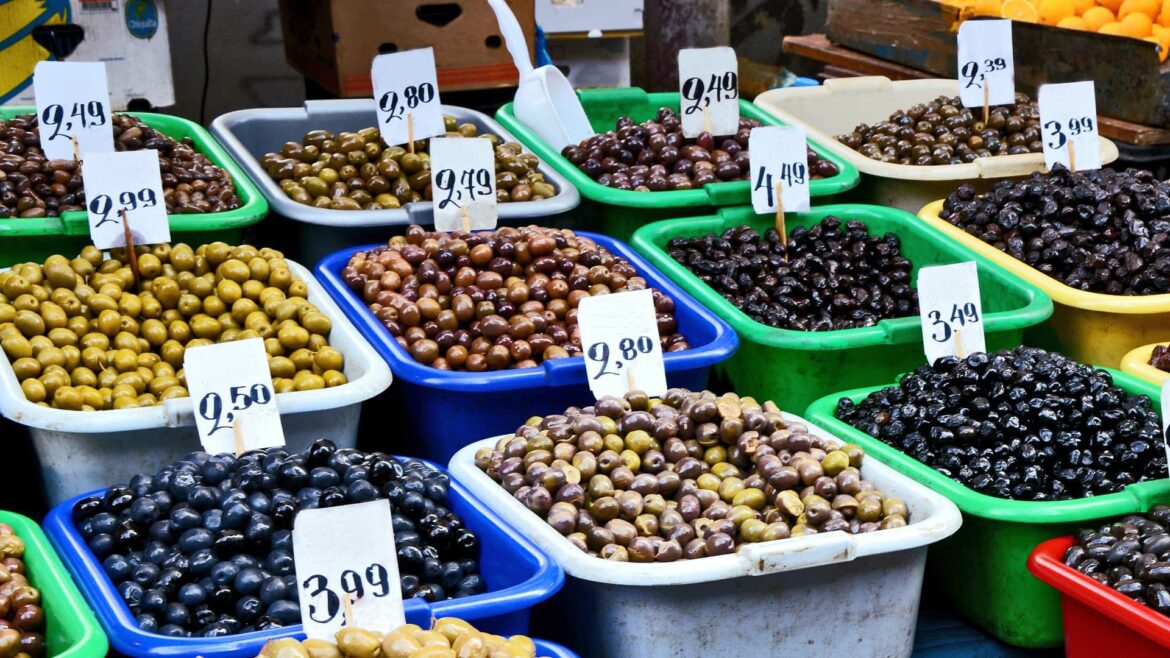Summary
Greece aims to exempt iconic food products like olive oil and feta cheese from the 15 percent import tariff to the United States, agreed upon by the European Union and the U.S. The Greek government is exploring ways to offset the impact of the new tariff by seeking exemptions and expanding into other international markets like India and the Middle East.
Greece is exploring ways to exempt some of its iconic food products, such as olive oil, table olives, feta cheese and yogurt, from the 15 percent import tariff to the United States.
The single, all-inclusive tariff was agreed between the European Union and the United States last month for nearly all European products exported to the world’s largest economy.
The agreed tariff rate is half the 30 percent tariff that U.S. President Donald J. Trump had threatened to put on European imports before the deal was struck.
See Also:European Olive Oil Exports Bounce Back
However, it is higher than the ten-percent tariff in place until now under the Trump administration. Before Trump took office in January, European goods faced an average 4.8 percent import tax in the U.S.
After the finalization of the 15 percent tariff, Greek government officials expressed their concern about the levy placed on Greek products.
“The [E.U.-U.S.] trade deal will avert a trade war with knock-on effects,” said the country’s finance minister, Kyriakos Pierrakakis. “However, Greece would prefer a lower tariff rate, ideally zero. The 15 percent tariff is lower than what was initially planned, but it is still a burden.”
The United States is a top export destination for Greek agrifood products, particularly olive oil and table olives.
According to a study by the Greek Parliament’s Budget Office, over 25 years from 2000 to 2024, the average export value of Greek table olives and olive oil to the U.S. stood at €100 million and €30 million a year, respectively.
In 2024 alone, exports of Greek table olives to the American market were worth a record €212.2 million, whereas exports of olive oil brought a total of €76.3 million back to the country.
To offset any repercussions stemming from the new tariff scheme, the Greek government is also contemplating further penetrating other, less explored international markets, such as the growing olive oil market of India and the Middle East.
Industry experts in Greece have also called for initiatives to protect the country’s high-value-added products, such as table olives and olive oil, from the impact of the new tariff regime.
Other government officials said that Greece should seek an exemption from the 15-percent import tariff to the U.S. They argued that the country cannot rely entirely on the decisions made in Brussels, where each E.U. member country will push for a tariff exemption for its products.
In 2019, during the first Trump administration, Greek olives and olive oil were exempted from the 25-percent tariff rate imposed on European imports to the U.S. in the context of the Airbus-Boeing dispute.
Among other significant European producers, Italian table olives and olive oil were also handed a tariff exemption, whereas similar products from Spain were burdened with the extra import levy.
While the U.S. has gone ahead with the new 15 percent import tariff, the European Union has announced that the planned retaliatory tariffs, worth €93 billion, on U.S. products such as soybeans, cars, aircraft and whiskey set to take effect on August 7th have been suspended for six months to allow for further negotiations between the two sides.
According to Cinzia Alcidi from the Center for European Policy Studies in Brussels, trade agreements usually take between 18 and 24 months of bilateral negotiations to finalize.
“To give some certainty to the industry and private sectors now, the 15 percent blanket tariff will apply – but then there will be efforts to get some goods a different deal,” Alcidi said.


Dining and Cooking